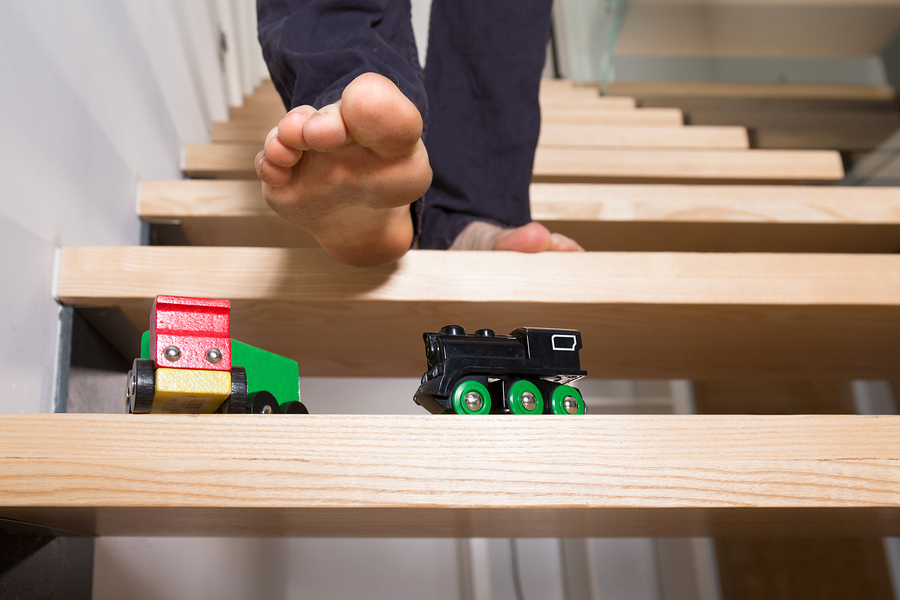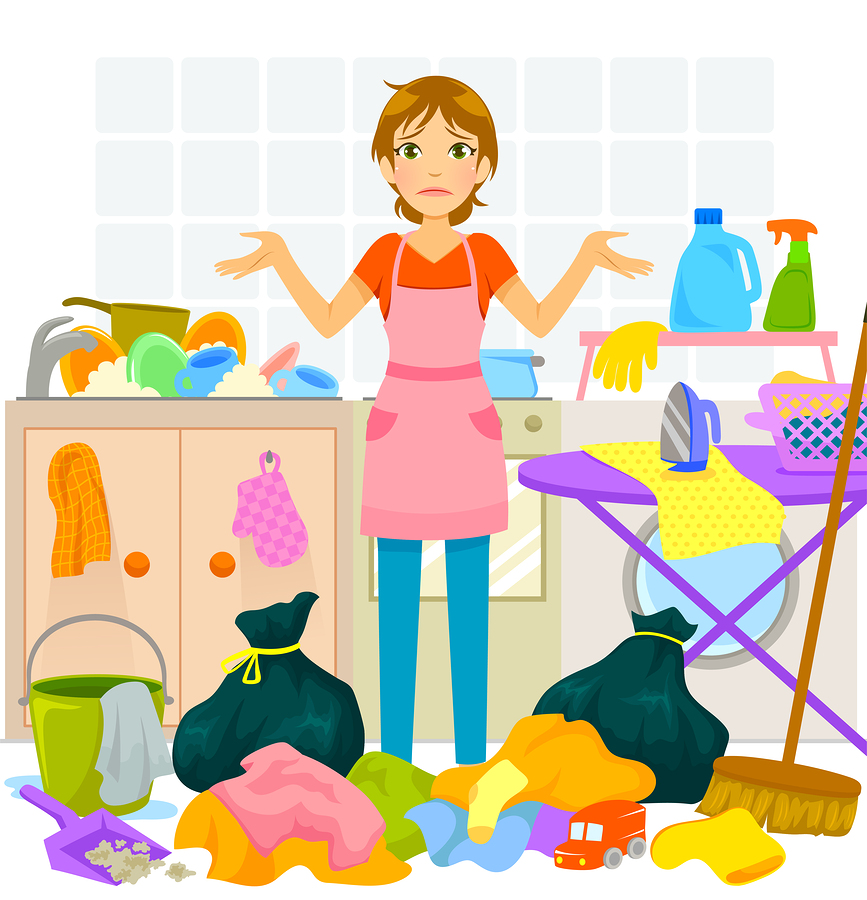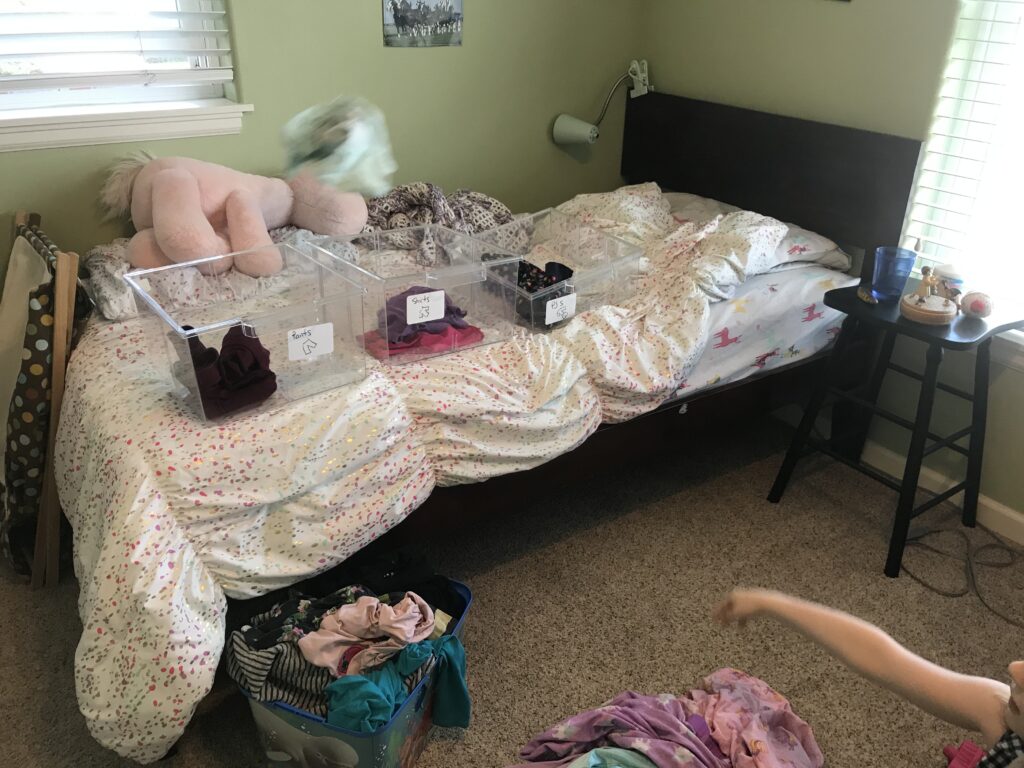In the movie Bad Moms, Amy (played by Mila Kunis), has taken on so many tasks in her family. She does her best to make her kids’ lives magical. She does their homework. Makes their breakfast. Makes their lunches. Drives them to all their activities.
She does it all.
And she’s exhausted.

At one point, after she’s realized how hard she works and how she’s done doing all the tasks, she tells her kids to make their own lunch. They look stunned. Mom has always done everything for them! And now they have to do something for themselves.
And you know what happens? They figure it out.
Yes, they grumble a bit. They leave a mess in the kitchen. But they make their own lunches.
Moms have been told, over and over, that in order to show our kids that we love them, we must do everything for them. From making fancy breakfasts every morning to packing their lunches, and maybe even doing their homework.
Go overboard for the holidays with decorations, gifts, food.
Throw elaborate birthday parties.
We sign our kids up for so many activities and schedule numerous playdates.
Because society has told us this is what we’re supposed to be doing. That this makes us good moms.
When in reality, it makes us tired and resentful. And makes our kids rely on us for everything.
Now, I hate making lunches. Always have. So I taught my kids from a young age how to make their own.
Do they make a mess? Yes. Do they help clean it up? Yes. Are they getting better at it? Yes.
We make it as simple as possible. Pack snack-size containers with raisins and goldfish on the weekends so that they’re ready to pack (the kids help with this too). Keep ingredients to make sandwiches on hand. Have a list of easy-to-make lunch ideas. And we work on making lunches together, after dinner each night.
Eventually, they’ll be able to pack their lunches without help.
What’s something that you can start teaching your kids to do on their own? Something you can eventually move off your plate, onto someone else’s?
Yes, it might get messy. Yes, it might take some time for your kids to learn. But in the long run? It’s better for all of you!
Reply to this email and let me know what you are going to start working on with your kids?
Your future self will thank you.
P.S. Want to learn more about what it’s like to work with me? Schedule a Get On Track call!















